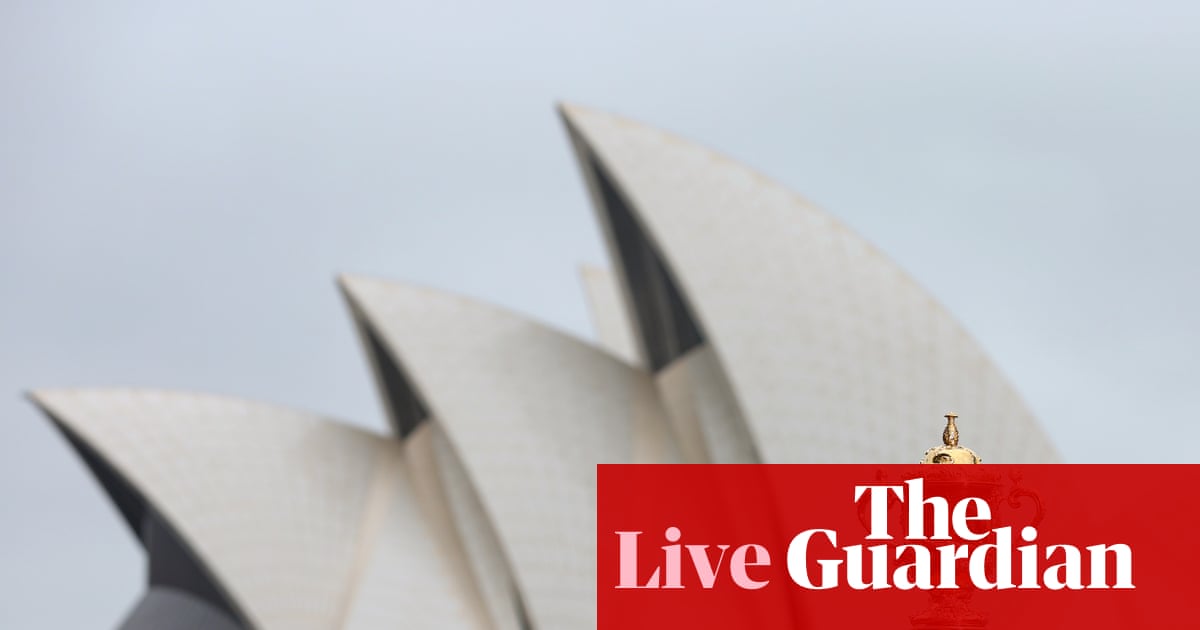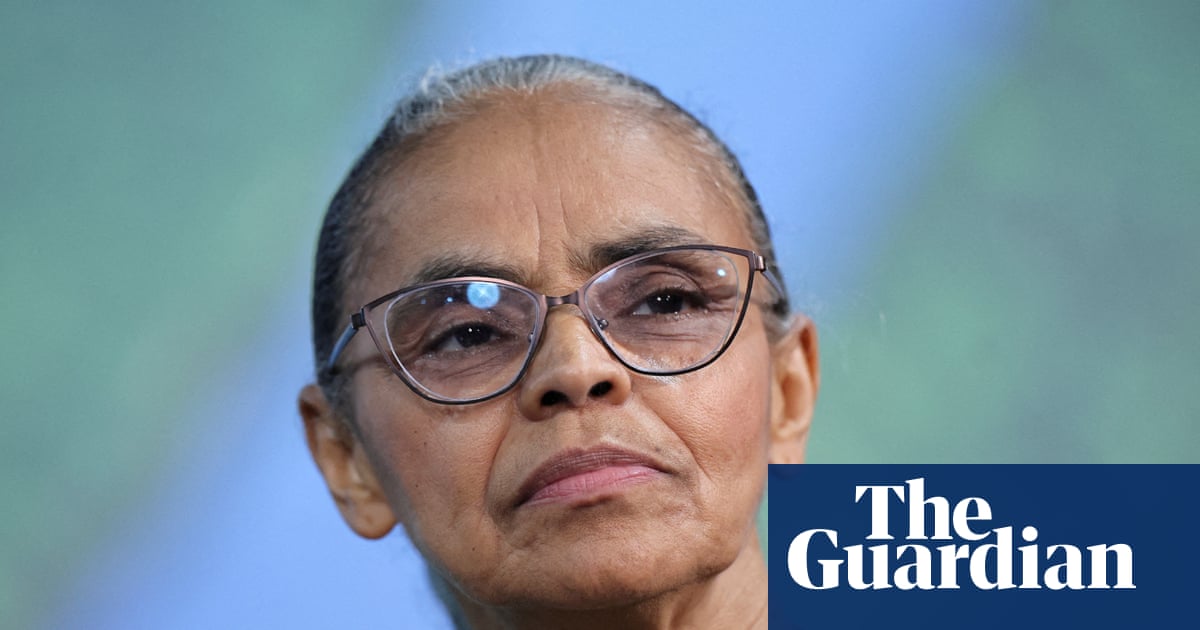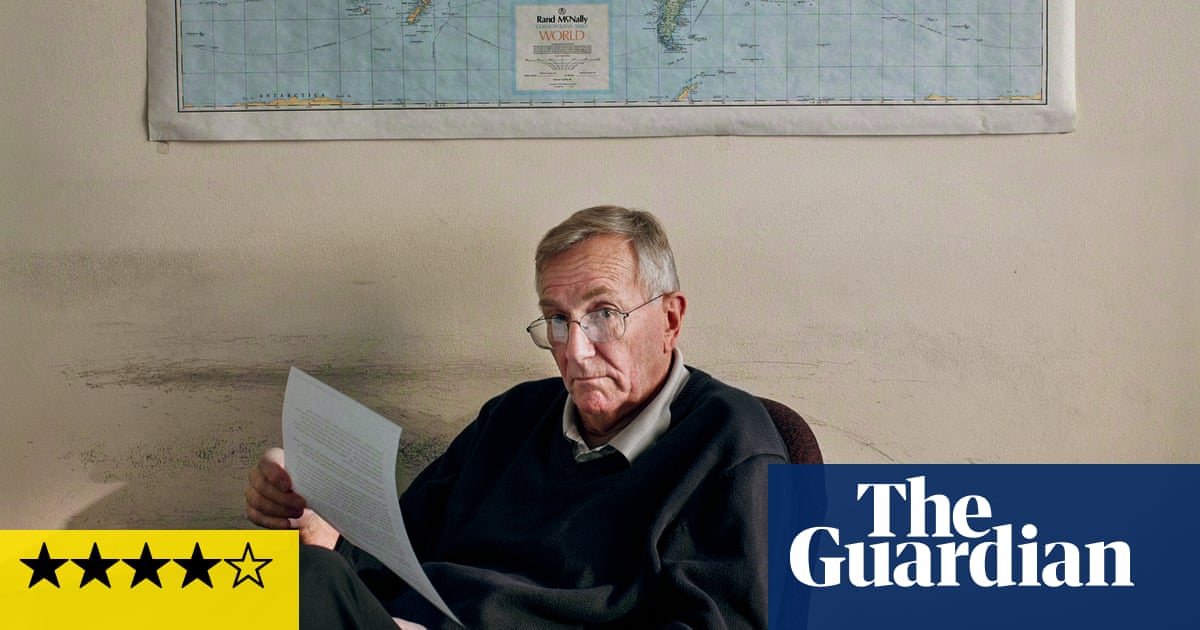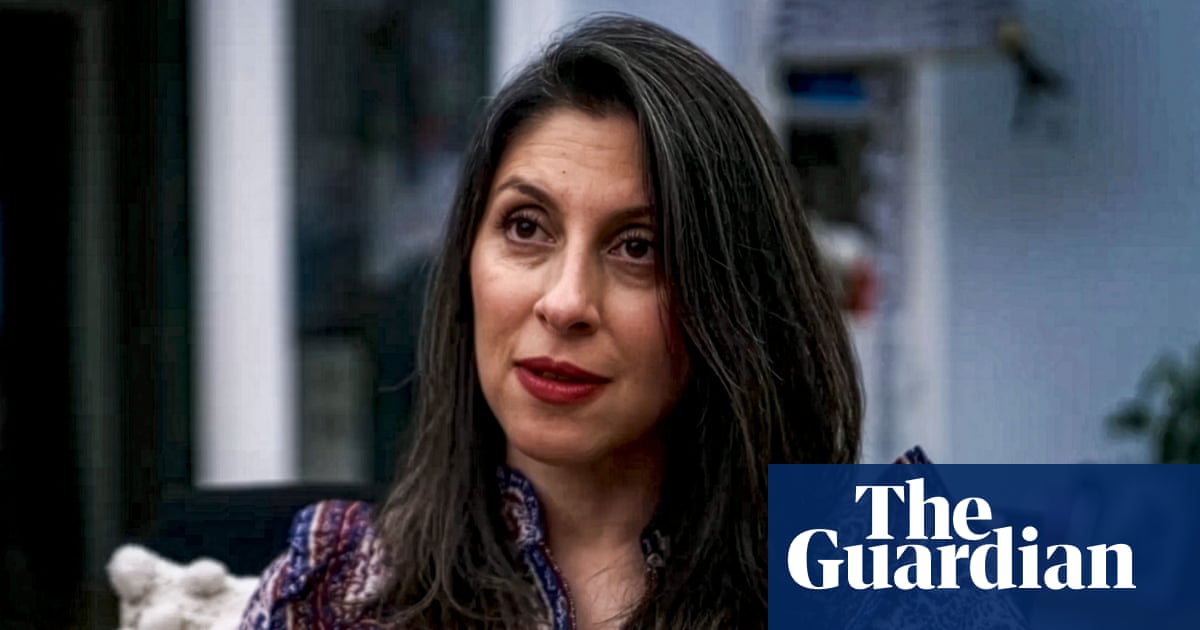Rachel Reeves has said those with the “broadest shoulders” should pay their “fair share” into the exchequer, as she prepares to raise taxes in next month’s budget.
The chancellor is expected to deliver a package of tax increases and spending cuts on 26 November to meet her fiscal rules in the face of deteriorating forecasts from the independent Office for Budget Responsibility (OBR).
Speaking in Washington DC, where she was attending the annual meetings of the International Monetary Fund (IMF), Reeves confirmed she was looking at wealthy taxpayers as she draws up her budget plans.
But she stressed that she was determined not to deter this group from making the UK their home. “I want Britain to be a great place for talent, for entrepreneurs, for successful individuals to come, and that requires getting the balance right,” Reeves said.
“But I do think those with the broadest shoulders should pay their fair share of tax and I think you can see that from my actions last year at the budget.”
She added: “I want the UK to remain an attractive place, but we’ve got to get the balance right and I do think that if Britain is your home you should pay your taxes here.”
Pressed for details about how she could raise the additional revenue needed, the chancellor said: “We’re not going to be introducing a wealth tax. We already have a number of taxes in the UK that do tax wealth and do tax wealthy people, and some of those we increased in the budget last year.”
Asked to clarify who may be affected, she added: “Wealth’s not about your annual salary.”
Reeves stressed changes to the government’s visa regime as evidence Labour remained keen to welcome talented individuals. “This week we’ve doubled the visas available for global talent. We want Britain to be a place where people come and build their teams and build their businesses,” she said.
The chancellor told the Guardian in an interview on Wednesday that higher taxes on the wealthy would “be part of the story” of her autumn budget.
Reeves also said on Thursday that the government would take more action in the budget on rising prices after the IMF’s warning that UK consumers are expected to suffer the highest inflation rate in the G7 this year and next.
“Inflation is still too high. Some of that is due to food prices, energy prices. We’ve seen yesterday the [markets watchdog] review on vet prices. We do want to bear down on some of the costs that people face,” she said, adding that she was preparing to announce “a range of policies to do that”.
Reeves confirmed reports that she would like to use the budget to build up more headroom against her fiscal rules – but stressed that this would be difficult, because it required higher taxes or deeper spending cuts.
after newsletter promotion
“If you’re asking me would I like more headroom, of course I would, but that comes with tradeoffs.” Pointing to jittery bond markets, she said: “A greater buffer against that volatility would be helpful.”
Changes to the OBR’s productivity forecasts, together with the costs of U-turns on the winter fuel allowance and welfare cuts, are expected to leave the public finances £20bn to £30bn adrift of the situation in the March spring statement.
Reeves appeared to play down the likelihood of taxing banks more heavily in the budget.
Asked about the issue, she said: “We want to make sure that Britain is a great place to do business and to bring in business. Just in the last week or two, JP Morgan have made a £3m investment in Bournemouth for example.
“Financial services is one of our big success stories in the UK and we want to make sure that we have a competitive environment. But also we want to make sure that everyone pays their fair share of taxes. We’ve got to get the balance right there.”
Reeves also confirmed that she was considering downgrading the status of the OBR’s spring forecast, so that she would only be measured against her fiscal rules once a year, in the autumn budget.
She said she would be discussing this issue with tnhe IMF managing director, Kristalina Georgieva, at a meeting later on Thursday – the IMF has called for the UK to change its approach.

.png) 1 month ago
46
1 month ago
46

















































